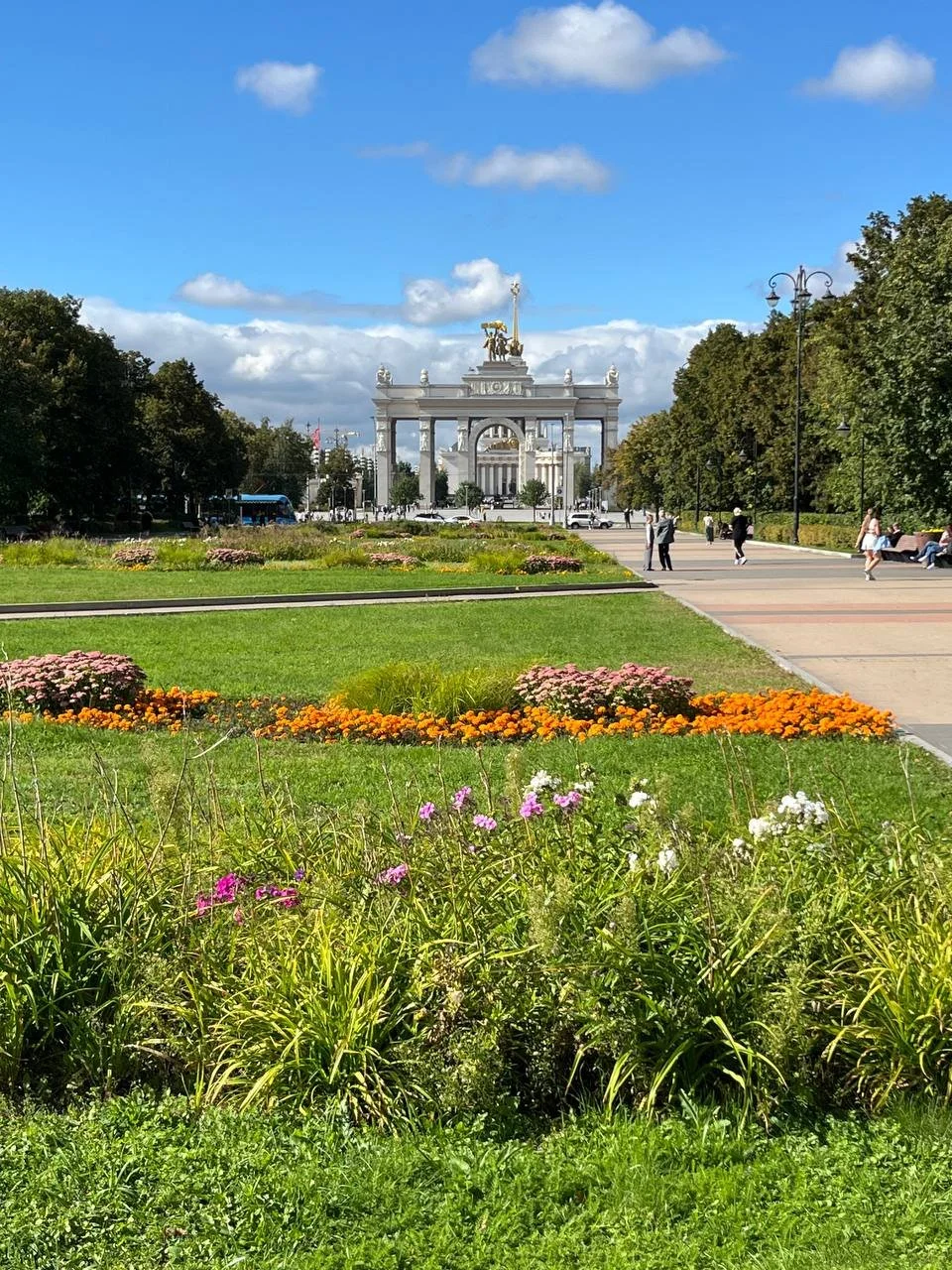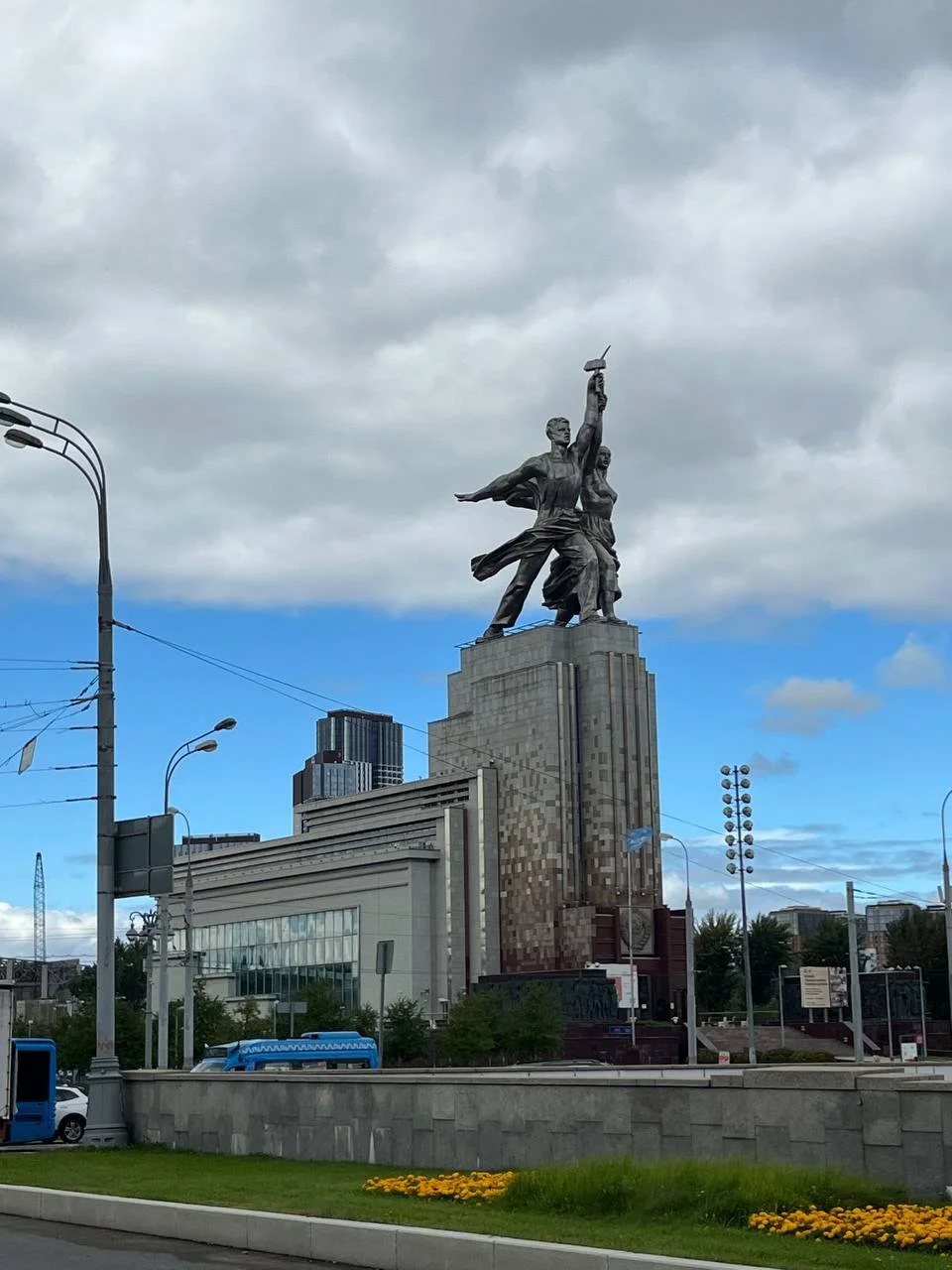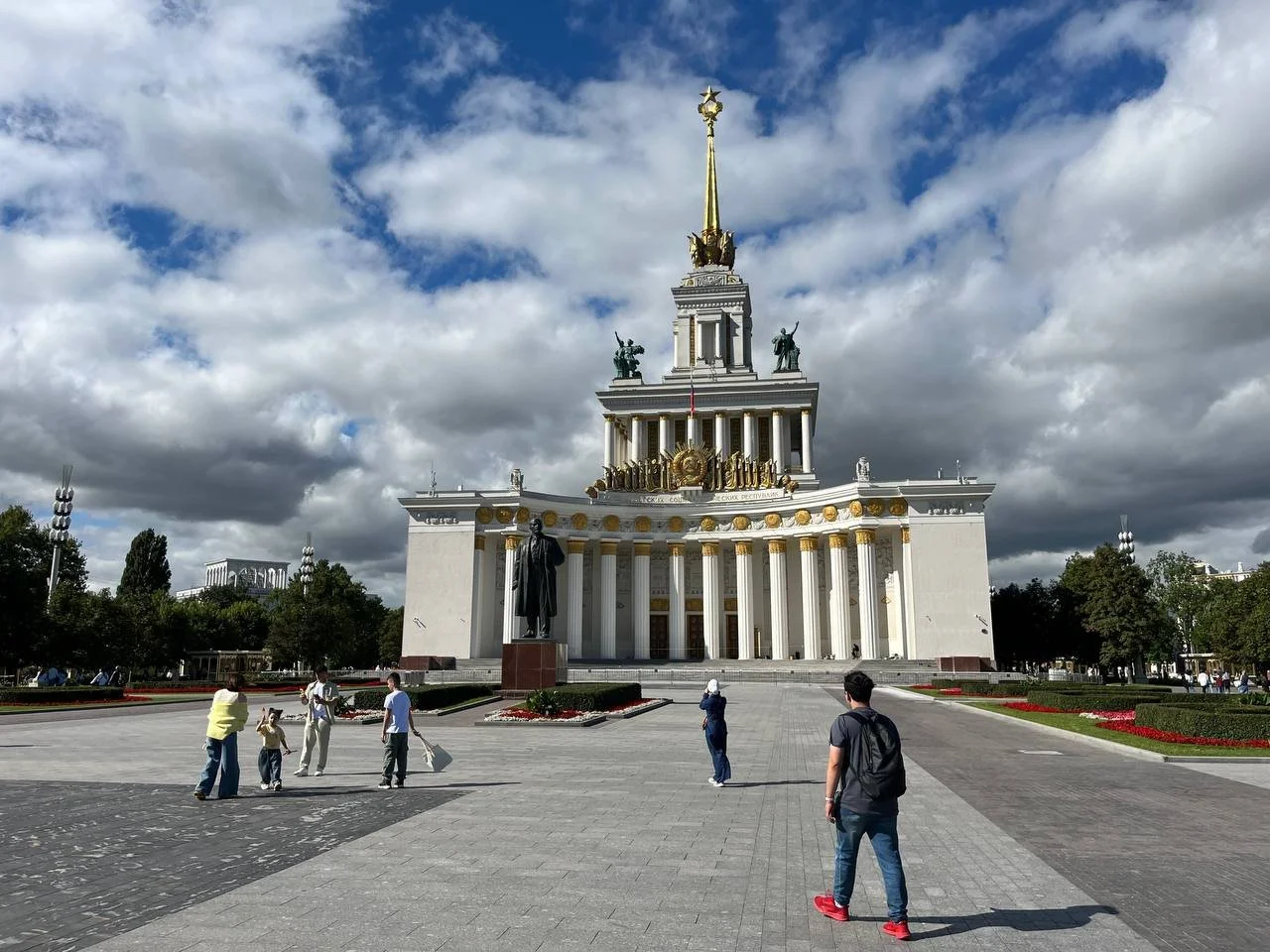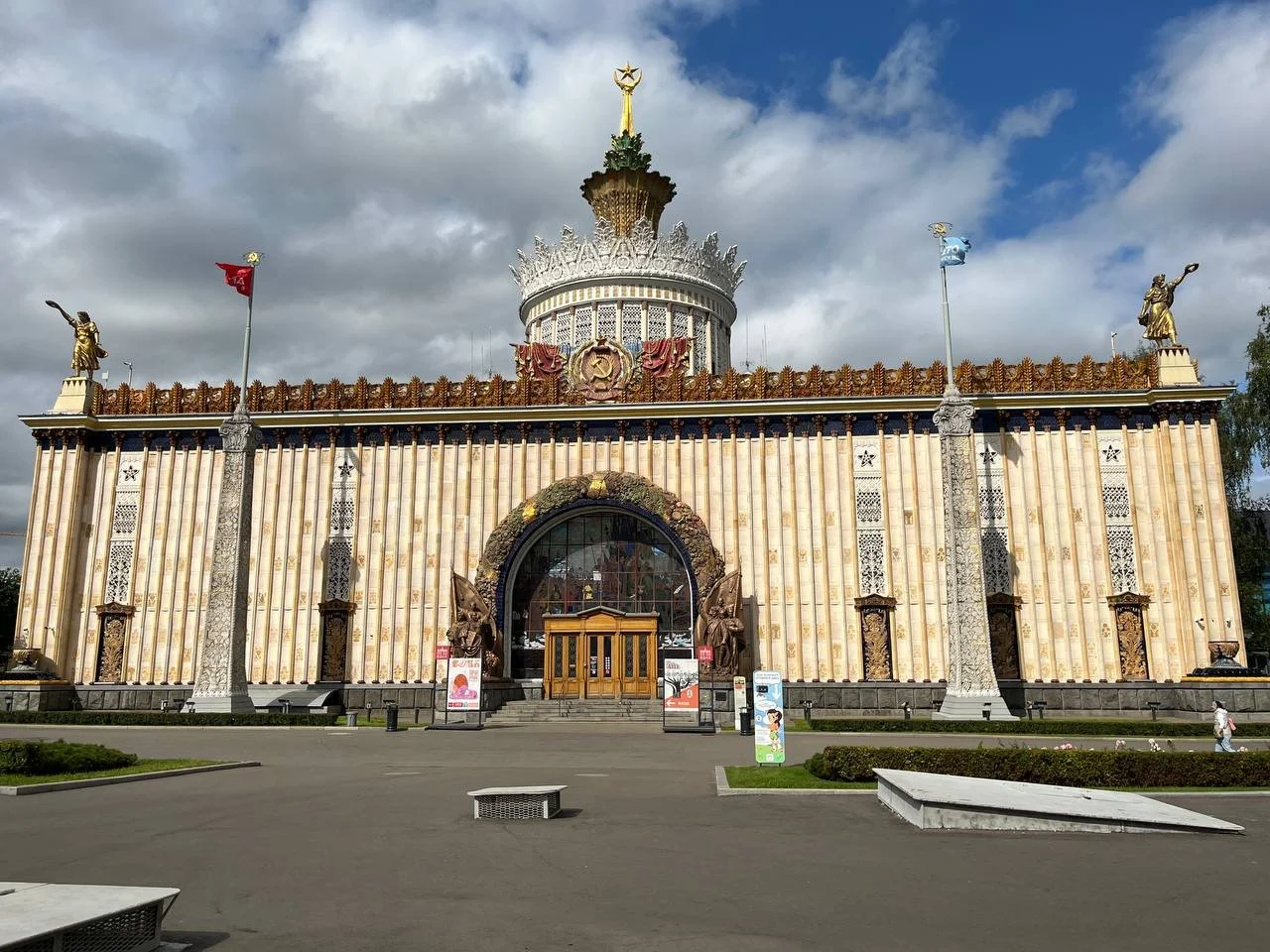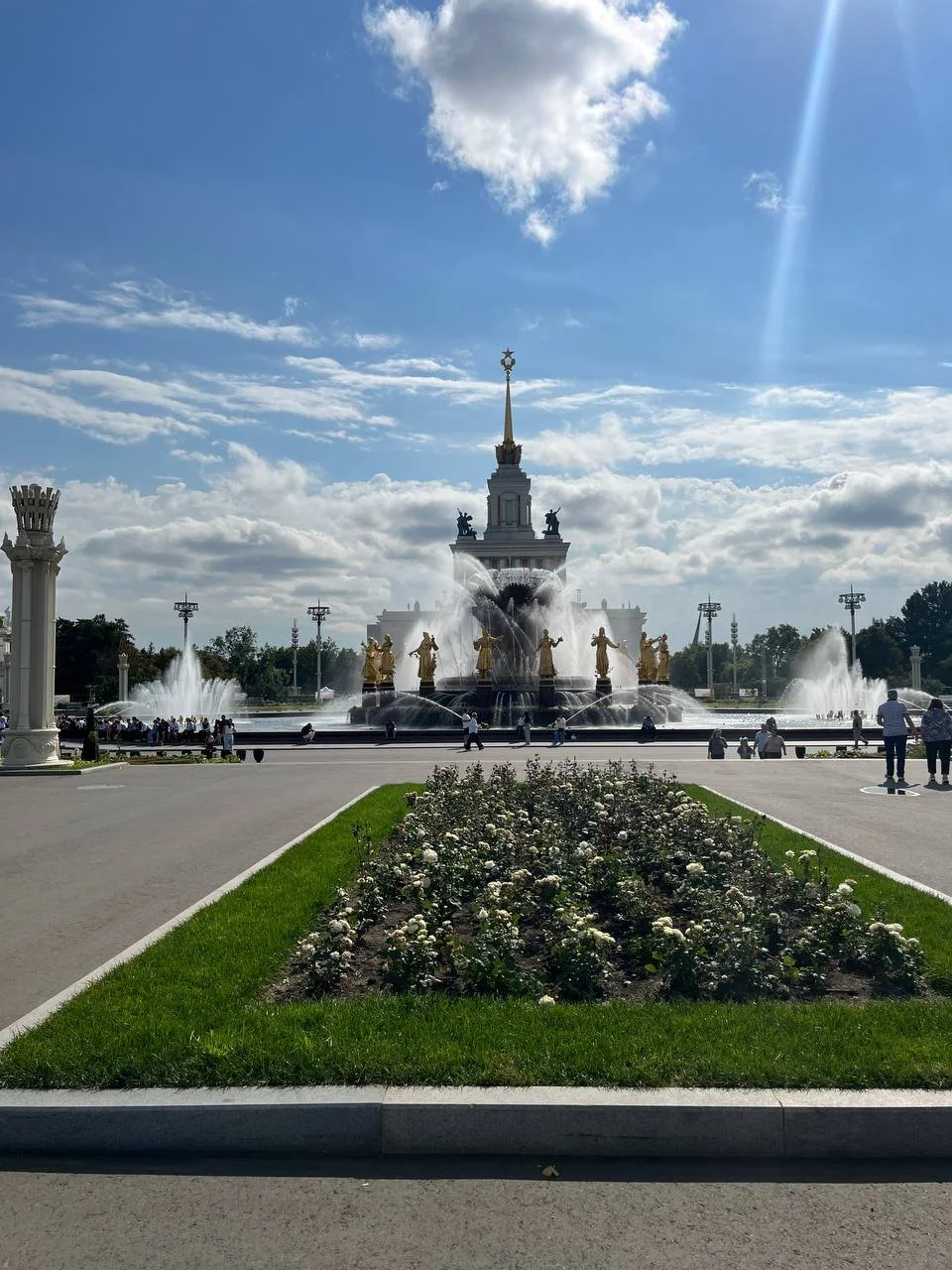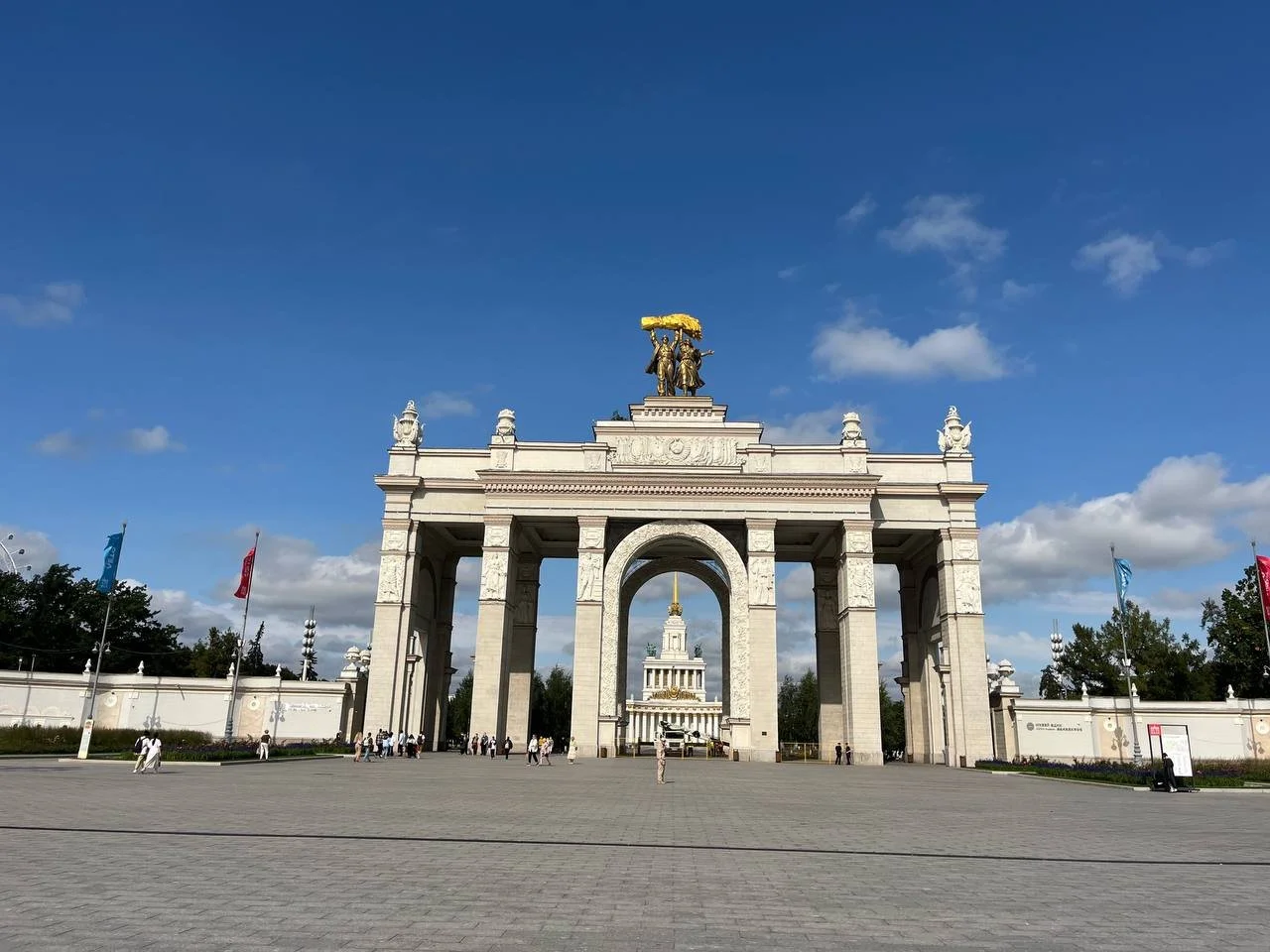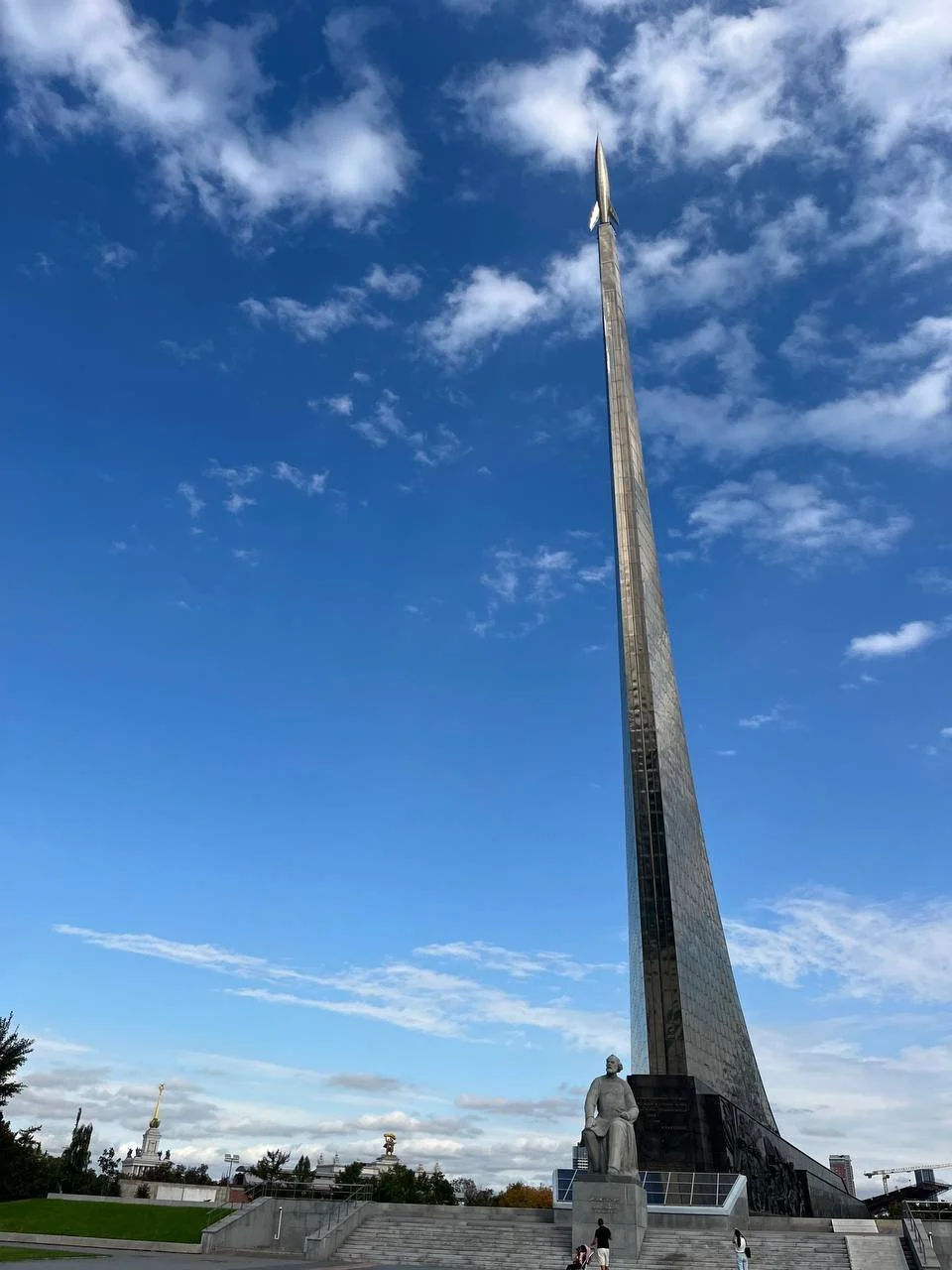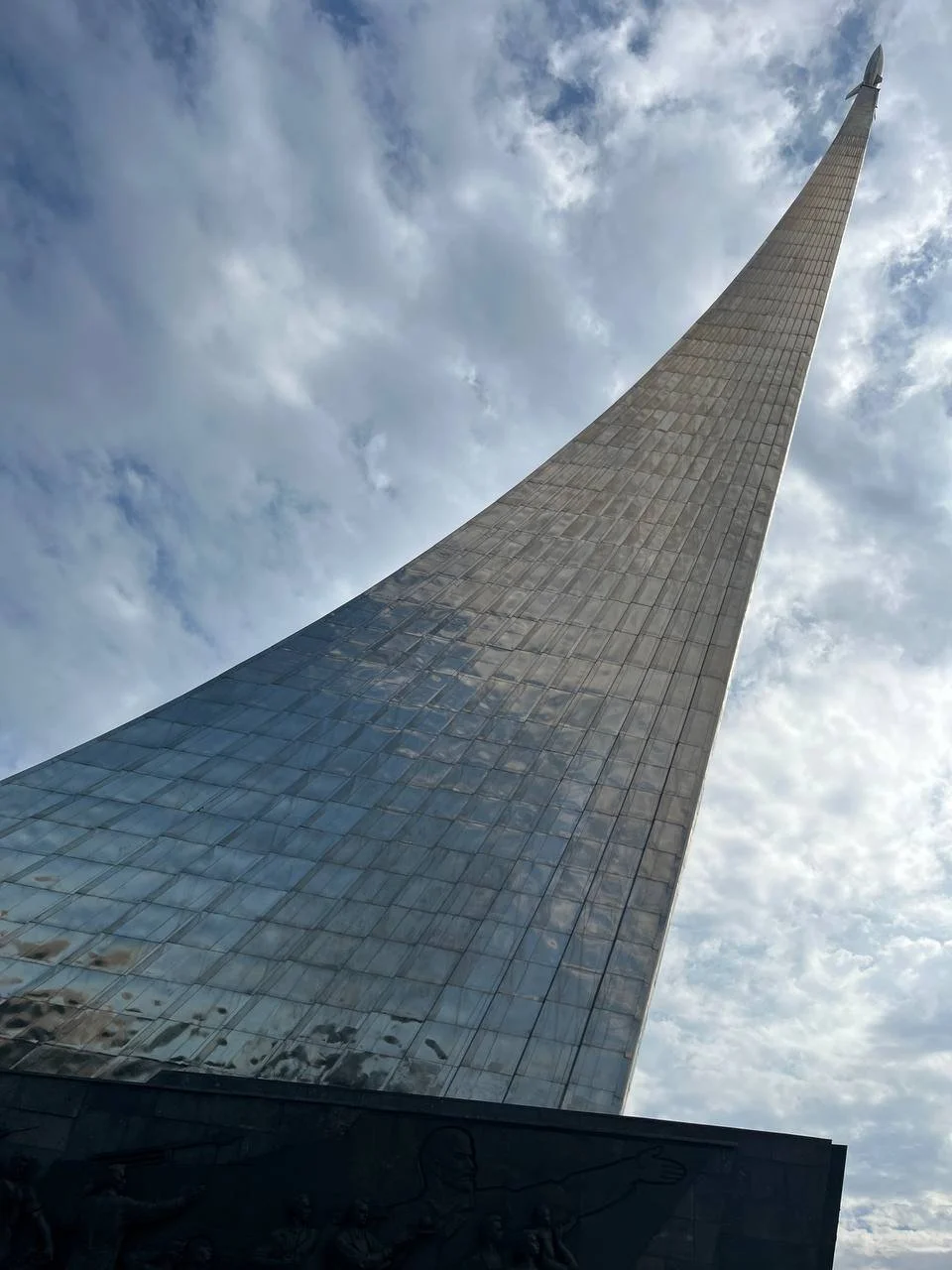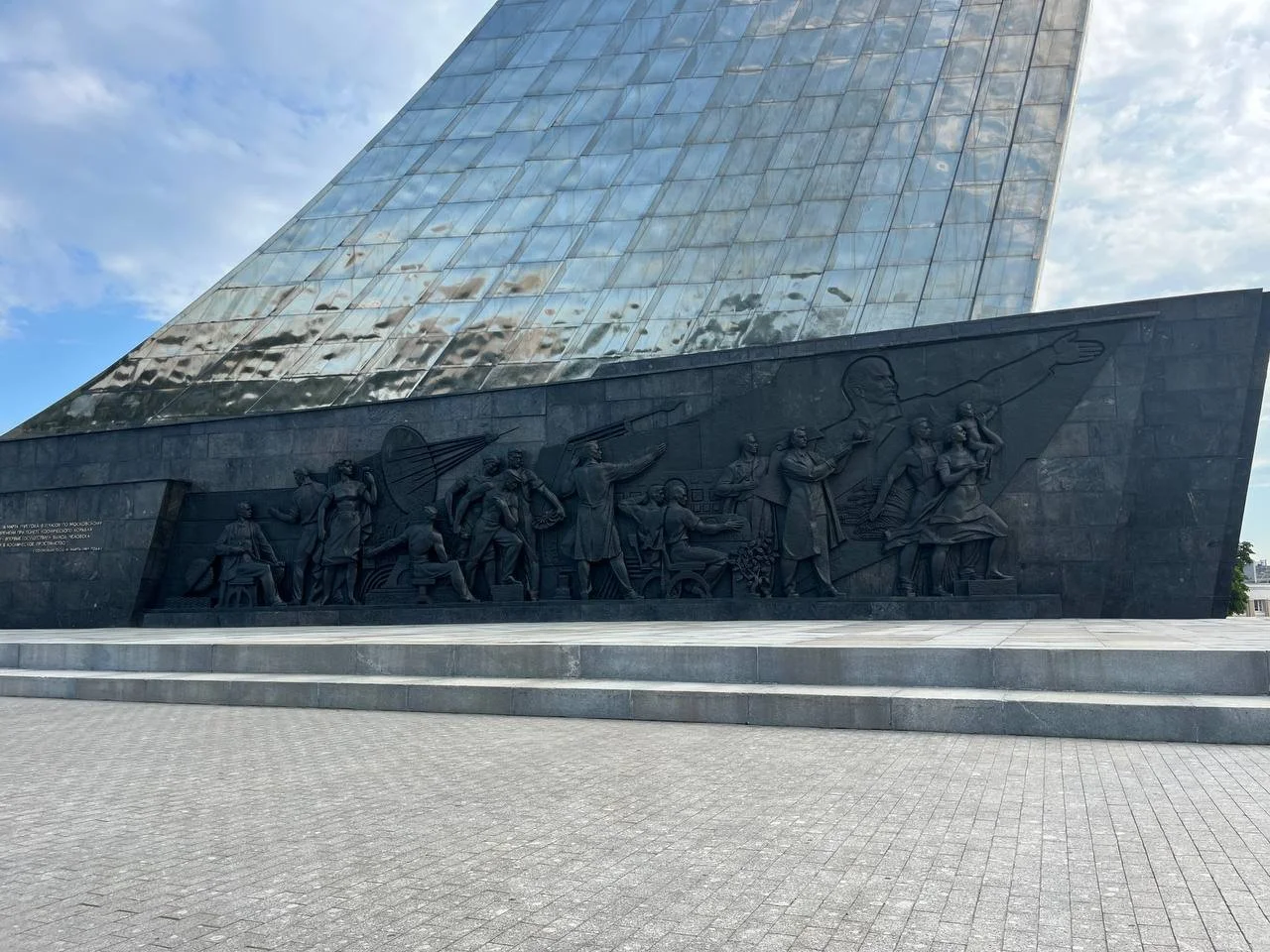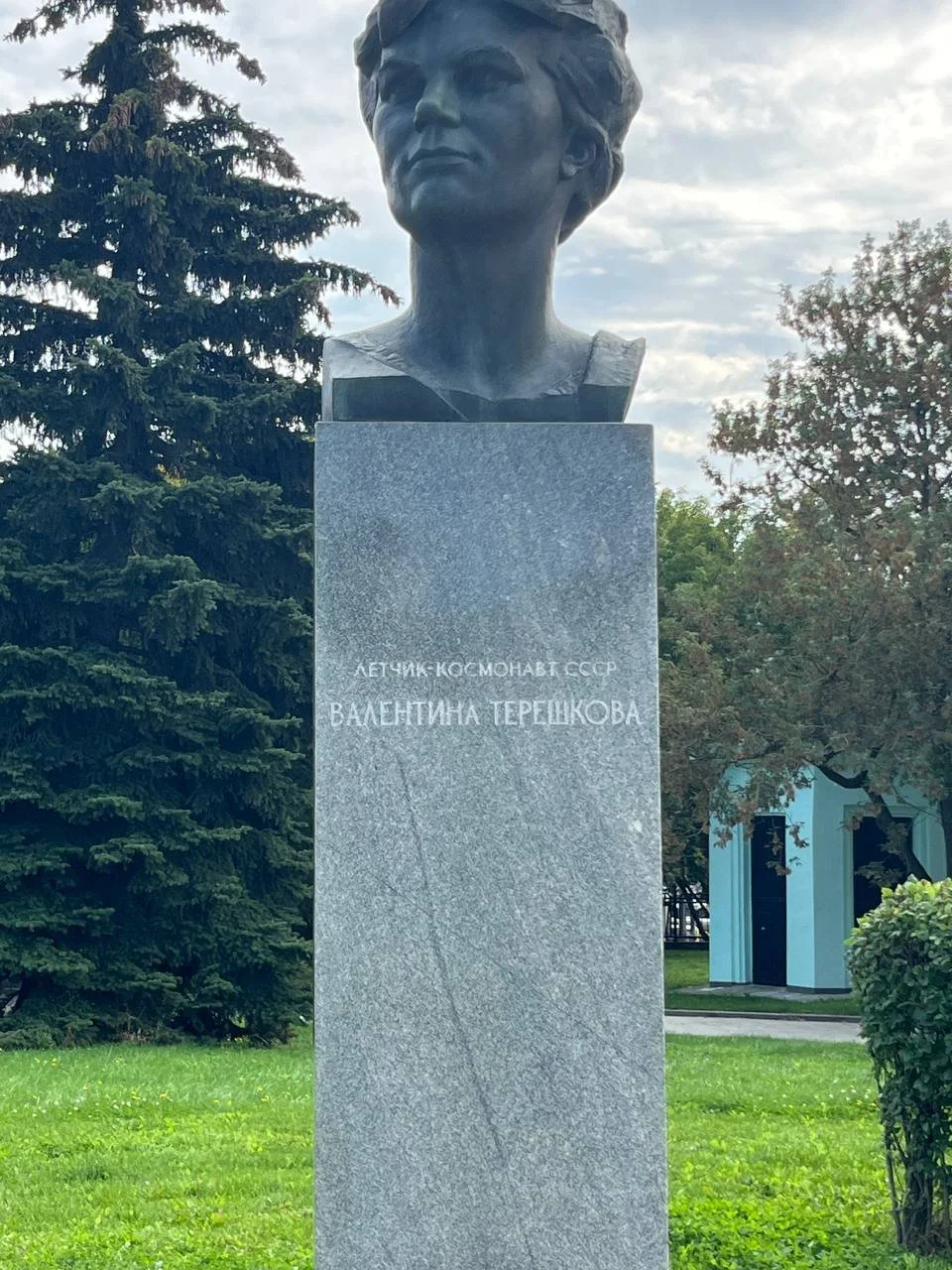Vladimir Putin’s Perspective on the Soviet Union: Nostalgia, Realism, and National Identity
In connection with people stating that Russia wants to reunite the former Soviet republics, Vladimir Putin said, “If you are not nostalgic for the Soviet Union, you don't have a heart. If you want the Soviet Union to come back, you don't have a brain.” Putin’s statement reflects a complex perspective on the Soviet Union’s legacy, highlighting the emotional ties many Russians feel toward that era. Putin’s statement emphasized the deep sense of national pride and personal sentiment that many citizens associate with the Soviet Union’s history, achievements, and sense of unity. This remark underscores how historical memory and emotional connections can influence public opinion and political discourse, often romanticizing the past as a time of strength and stability.
Conversely, the second part of Putin’s statement, however, introduces a pragmatic perspective by suggesting that desires to restore the Soviet Union are unrealistic or irrational. In the second part of Putin’s statement, he dismissed such aspirations as lacking practicality and understanding of the complex geopolitical, economic, and social realities of today. This dichotomy reflects his attempt to balance acknowledging patriotic emotions while emphasizing the importance of rationality in contemporary policy and national identity.
We filmed this video at VDNKh, also known as the Exhibition of Achievements of National Economy, is a historic Russian exhibition center located in Moscow. Established in 1935, it was originally conceived as a showcase for the Soviet Union’s industrial, scientific, and agricultural achievements, symbolizing the country's technological progress and socialist ideals. Over the decades, VDNKh evolved into a sprawling complex featuring pavilions, fountains, and monuments that celebrated Soviet innovation and collective labor. During the Soviet era, it served as a hub for exhibitions and cultural events, attracting millions of visitors. Today, VDNKh has been transformed into a multifunctional park and cultural center, blending its historical significance with modern recreation, while still preserving its iconic Soviet-era architecture and monuments.

